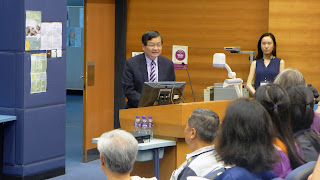"This experience underlines the way the whole event is a liminal time and space, a ritual that produces communitas, or what rugby people call camaraderie."
—Joseph Bosco
Extract of the article:
"The Hong Kong Sevens has many meanings. Some spectators come for the party, others to enjoy the rugby, and some businesspeople use it also for networking. The Olympic Committee’s decision to include rugby Sevens in the Rio 2016 Games was heavily influenced by Hong Kong’s experience. The Olympic principles of fair play, equal competition, and no racial, religious, or political discrimination are exemplified by the Hong Kong Sevens. Hong Kong’s business culture led to the innovation and early acceptance of corporate sponsorship, a major change when the sport was still amateur. The Sevens - first held in 1976 - grew along with Hong Kong’s growth as a financial center. Thus it is globalization that has made the Hong Kong Sevens the ideal festival for expressing contemporary cosmopolitan and capitalist ideals and values, in what on the surface seems just an entertaining sporting event." (Bosco 2015:66)
Want to know more about the cultural values of Hong Kong Rugby Sevens? Click here and read the full text article (published in Hong Kong Discovery Vol. 87 on 12 Mar 2015).










